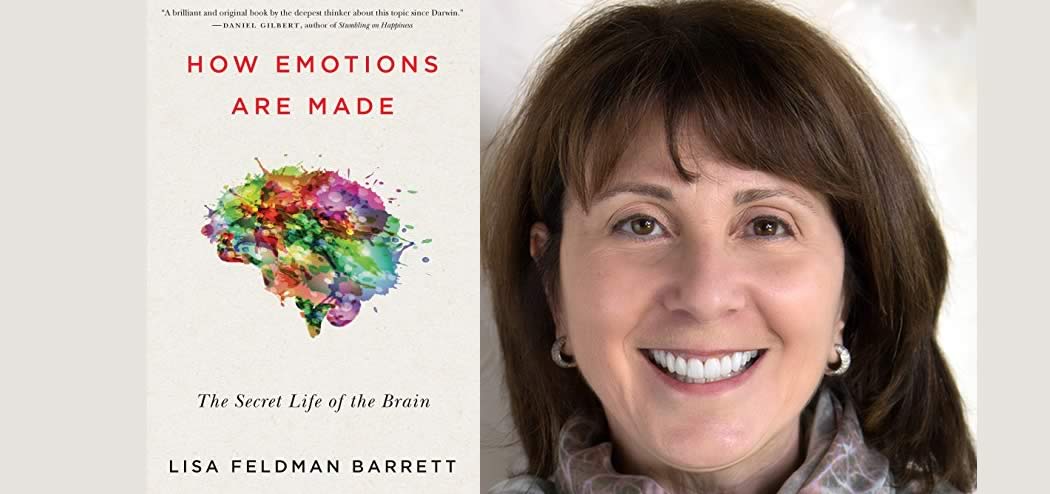

The affective neuroscientist who has been a darling of “neuropsychoanalysis”, the late Jaak Pankseep, believed that each emotion has a uniquely dedicated sub-cortical circuit. Psychoanalytic notions of implicit mentalizing and non-verbal affect attunement rely, to some extent, on this old view. The old view, from Darwin to Tomkins, is of universal emotions, with dedicated neural circuits and unique physiologic and facial expressions that are universally recognized.

This book, by a neuroscientist who studies emotion, presents a new theory of emotion that challenges and complicates the view of emotions that many of us have come to rely on. How Emotions are Made: The Secret Life of the Brain. Revising that conception of emotion isn't just good science, Barrett shows it's vital to our well-being and the health of society itself.Lisa Feldman Barrett. This new view of emotions has serious implications: when judges issue lesser sentences for crimes of passion, when police officers fire at threatening suspects, or when doctors choose between one diagnosis and another, they're all, in some way, relying on the ancient assumption that emotions are hardwired into our brains and bodies. Emotions aren't universally pre-programmed in our brains and bodies rather they are psychological experiences that each of us constructs based on our unique personal history, physiology and environment.

But what if it is wrong? In How Emotions Are Made, pioneering psychologist and neuroscientist Lisa Feldman Barrett draws on the latest scientific evidence to reveal that our common-sense ideas about emotions are dramatically, even dangerously, out of date - and that we have been paying the price. This understanding of emotion has been around since Plato. The thrill of seeing an old friend, the fear of losing someone we love - each of these sensations seems to arise automatically and uncontrollably from within us, finding expression on our faces and in our behaviour, carrying us away with the experience. When you feel anxious, angry, happy, or surprised, what's really going on inside of you? Many scientists believe that emotions come from a specific part of the brain, triggered by the world around us.

It took a subject I thought I understood and turned my understanding upside down' - Malcolm Gladwell, author of The Tipping Point. 'How Emotions Are Made did what all great books do.


 0 kommentar(er)
0 kommentar(er)
